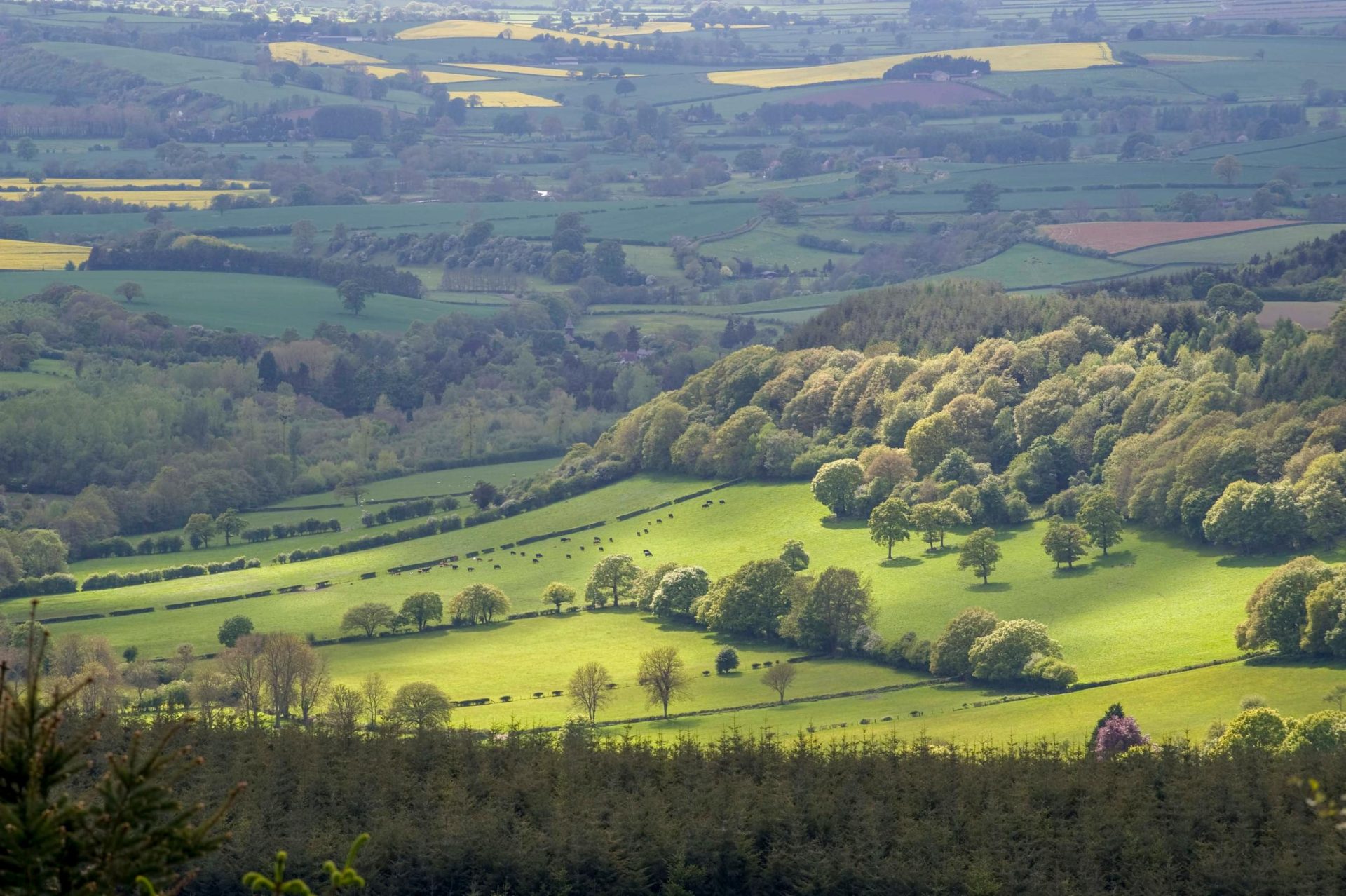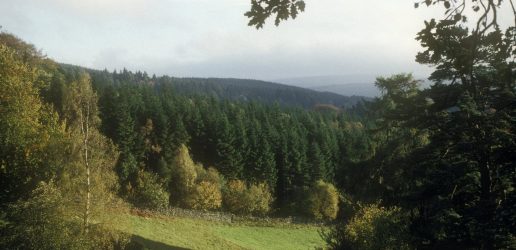
A first of its kind consortium of 34 leading research and stakeholder organisations has been established to help all four UK administrations address land use and agriculture as a major greenhouse gas emitting sector.
The “Land Use for Net Zero” (LUNZ) Hub, co-led led by The James Hutton Institute and the University of Leicester, with £6.5 million funding from UK Research and Innovation, will provide UK and devolved nations timely evidence around land use, from renewable energy to soil carbon and green finance, to help drive the land transformations needed to achieve net zero by 2050.
It will also play a pivotal role in helping to communicate more widely the critical importance of land and how it’s used as a major carbon sink or source.
Agriculture and land use have a major impact on greenhouse gas (GHG) emissions, as well as a wide range of other environmental, societal and economic outcomes, but progress towards decarbonisation is lagging behind other sectors.
The declaration recently announced at COP28 on sustainable agriculture, resilient food systems and climate action states the UK government’s intent to act on land use and climate change by increasing public financial support and scaling science-based solutions, and LUNZ will be a key conduit for these actions.
Achieving the transformational change in land management needed will depend on government access to world-class research and innovation and a novel approach to collaboration across a variety of critical stakeholders.
Hub co-lead of the winning Consortium, Professor Lee-Ann Sutherland (The James Hutton Institute), explained:
“The science behind land use is highly complex. It is influenced by a range of economic, social and environmental factors, and complicated further by a changing evidence base, novel market forces, the emergence of new data and models, and disruptive technologies such as artificial intelligence. Our aim is to bridge the gap between researchers and policymakers and our work will be focused on meeting specific policy-maker needs, giving them the evidence they need in the format and timeframe they need it.
“Our Consortium has developed a series of innovative mechanisms to do just that – an Agile Policy Centre, Net Zero Futures Platform, and Creative Methods Lab – each tailored to generate clear, robust answers to urgent questions.”
Equally novel is the approach to stakeholder participation in the Hub, as Hub Co-lead, Professor Heiko Balzter (University of Leicester), explained:
“Creating a fair, realistic path to Net Zero in the land use sector can only be achieved with the involvement of a wide range of stakeholders throughout the process– to provide their expertise, share the Hub’s outputs and ensure its proposals work in practice as well as theory.
“Our consortium reflects this – ranging from those at the cutting edge of climate change modelling to farmers groups, advisory organisations, non-governmental organisations and an arts collective. Their range and profile will ensure the Hub’s impact extends throughout society – so everyone can engage in land use transformation – from the food they buy to their holiday, housing and investment decisions.”
At the heart of the challenge is understanding how transformative change can be achieved and predicting the impact of proposed approaches against multiple environmental, societal and economic outcomes. A central strand of the Hub’s approach will be the development of plausible and innovative net zero scenarios and associated pathways – novel tools based on advanced modelling methodologies that can predict the impacts of different policy interventions across a variety of metrics.
New research has been published which explores how to enable and encourage access to woodlands for diverse members of the public.
Forest Research has been involved in a project focusing on efforts to improve inclusivity in biosecurity practices by exploring how to integrate different knowledge systems into mainstream decision-making.

Forest Research has released the latest Accredited Official Statistics on woodland and forestry in the UK.
New research has been published which explores how to enable and encourage access to woodlands for diverse members of the public.
Forest Research has been involved in a project focusing on efforts to improve inclusivity in biosecurity practices by exploring how to integrate different knowledge systems into mainstream decision-making.

Forest Research has released the latest Accredited Official Statistics on woodland and forestry in the UK.